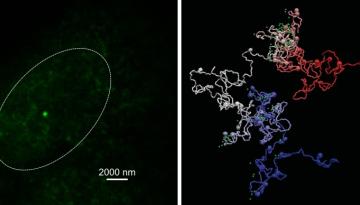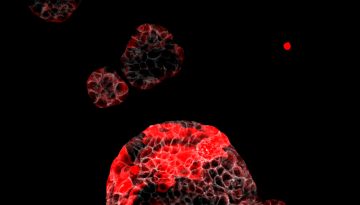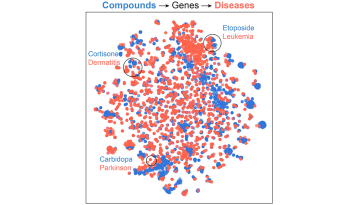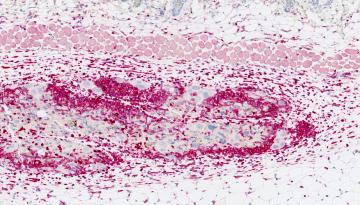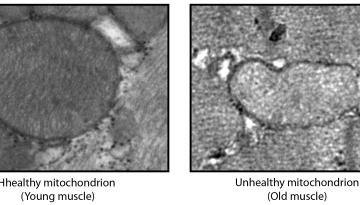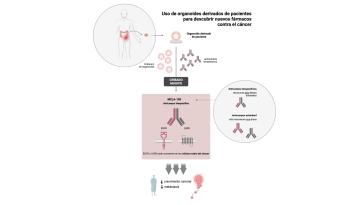Published in Nature Communications
Scientists from the Genome Data Science laboratory, led by ICREA researcher Dr. Fran Supek, have published a study in Nature Communications proposing that "mutational footprints" of DNA repair could be a promising predictive genetic marker for determining which tumours will respond to specific therapies. The study found that so-called "mutational signatures," which reflect a collection of mutations found across the entire genome of a tumour, can accurately predict the activity of various drugs applied to cancer cells from many types of tumours.
The researchers also found that various DNA repair deficiencies, such as defects in DNA mismatch repair, can predispose cancer cells to sensitivity to certain drugs. Interestingly, cancer cells that bear genomic "scars" of previous exposure to mutagenic chemicals tend to be resistant to various chemotherapeutic drugs, potentially making them more challenging to treat. The algorithms used to identify the mutational signatures and link them to drug vulnerabilities are open access.
For more information:
https://www.irbbarcelona.org/en/news/scientific/not-individual-genes-mutational-signatures-many-genes-hold-key-better-cancer
